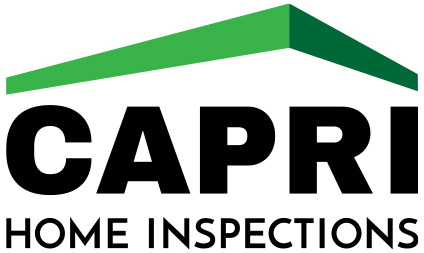-
What to Expect During a Home Inspection
Home inspections are vital in empowering buyers to make informed decisions about the properties they intend to purchase. A reputable home inspector's keen eye can identify potential issues, saving buyers thousands of dollars in unexpected repairs.
This beginner's guide aims to shed light on the process and purpose of a home inspection, outlining the areas typically assessed and the crucial role played by the inspector.
What is a home inspection?
A home inspection entails a comprehensive visual assessment of a home's physical structure and mechanical systems. A home inspector meticulously examines various components from the ceilings to the roof, walls to floors, and windows to major appliances.
They ensure the functionality of major systems such as heating, air-conditioning, plumbing, and electrical systems. This thorough examination reveals and documents any existing issues, providing valuable information to the prospective buyer.
It's important to note that a home inspector's role does not involve providing opinions on whether or not to purchase the home or determining its sale price. After reviewing the home inspector's report, these considerations are typically discussed with a real estate agent.
When does the home inspection take place?
The home inspection process typically commences after the seller has accepted the buyer's offer but before the final purchase. Scheduling the home inspection promptly allows sufficient time for additional inspections or negotiations with the seller. As the buyer, it is your responsibility to hire a qualified home inspector.
When selecting an inspector, consider their qualifications, certifications, training, knowledge of building codes, and experience in inspecting homes. Requesting referrals and references is also advisable to ensure you choose a reputable professional.
What does the home inspection process involve?
A home inspection generally takes a few hours to complete. During this time, the inspector conducts a detailed walk-through of the property, documenting observations through notes and pictures. The inspector may comment on notable findings if the buyer is present during the inspection.
It's important to understand that home inspectors provide objective opinions on the home's condition, focusing on substantive issues rather than aesthetic concerns, unless they are tied to larger problems.
The Role of a Home Inspector
The primary goal of a home inspection is to provide buyers with a comprehensive report containing checklists, summaries, notes, and pictures. Experienced home inspectors can offer insights into the remaining life expectancy of major systems and equipment, including the roof and structure.
Their report may also include recommendations for necessary repairs and replacements. By uncovering potential issues, a home inspection can prompt further negotiations with the seller, equipping you with valuable knowledge to inform your decision on whether to proceed with the purchase.
Conclusion
A home inspection is a vital step in the home buying process, providing buyers with essential information and peace of mind. A reputable home inspector helps uncover potential issues and enables informed decision-making by thoroughly assessing a property's structure and systems. Remember to schedule the inspection at the right time, choose a qualified inspector, and carefully review the comprehensive report.
If you require this essential service in the Comox Valley, Nanaimo, or Victoria areas, Capri Home Inspections Co is here to help. As certified professionals, we offer comprehensive home inspections that go beyond expectations. Contact us today to learn more and gain peace of mind as you make one of life's significant investments.
